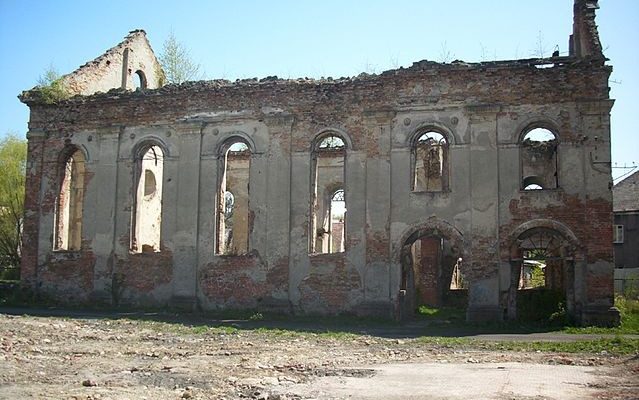Polish law aimed at compensating people whose property was seized under Communism excludes Holocaust survivors and their heirs.
Jewish organizations from around the world voiced disappointment over a proposed Polish law aimed at compensating people whose property was seized under communism, saying it excludes most Polish Holocaust survivors and their heirs.
Poland’s Justice Ministry last week published the bill, which requires that claimants be Polish citizens and limits compensation to spouses, children or grandchildren.
The World Jewish Restitution Organization says those provisions would exclude the vast majority of Holocaust survivors and their families because most left Poland during or after World War II and settled elsewhere. The group also says because of the Holocaust’s toll, the heirs of seized properties are often nieces or nephews rather than direct descendants.
The World Jewish Congress (WJC) has also expressed “profound disappointment” that Holocaust survivors are being excluded from the law.
Gideon Taylor, the WJRO’s chair of operations, said Wednesday he still hopes the legislation can be amended to include Polish Holocaust survivors.
“It is not just about getting compensation, it’s about a link to the place,” he said. “For many descendants, it is a connection to generations of life in a far-away place that was part of their family fabric but was ripped away from them.”
The problem dates to a communist-era decree seizing large numbers of private properties in Polish cities. Most of the original owners were not Jewish, although significant amounts of property had been Jewish-owned, a reflection of the large Jewish presence in Poland before most of Poland’s Jews were murdered by Germany during the Holocaust.
Since the fall of communism across Eastern Europe, Poland is the only country that has so far not passed legislation regulating the process of restitution, with only some case-by-case returns of real estate ordered by the courts. The lack of a comprehensive legal framework has led to serious irregularities in the restitution process, including fraud, which has sparked outrage.
Deputy Justice Minister Patryk Jaki, who is pushing for changes to the law, says that should end such “pathological situations.”
The bill must still be approved by lawmakers and the president.
By: AP





